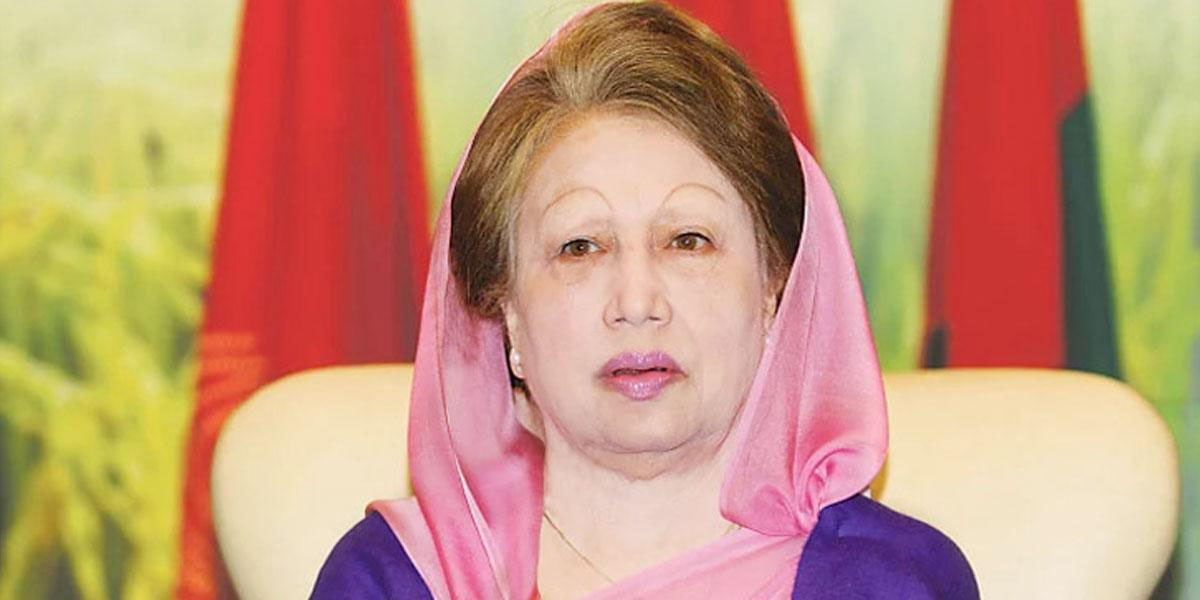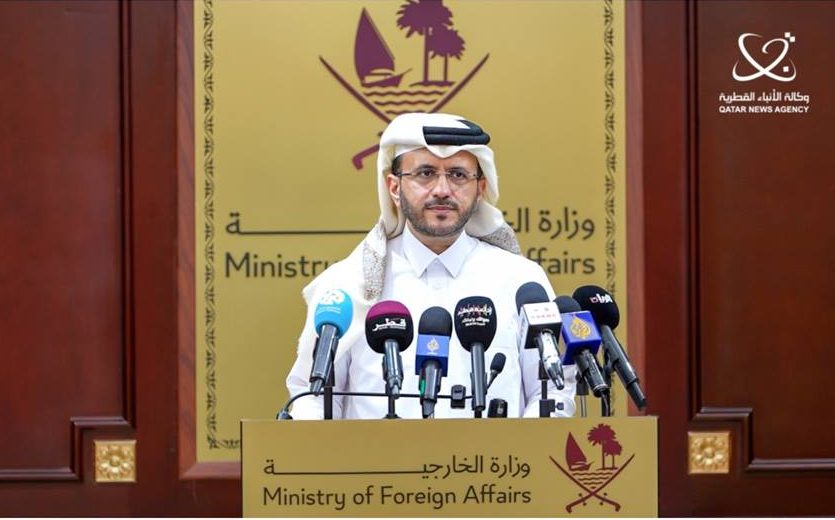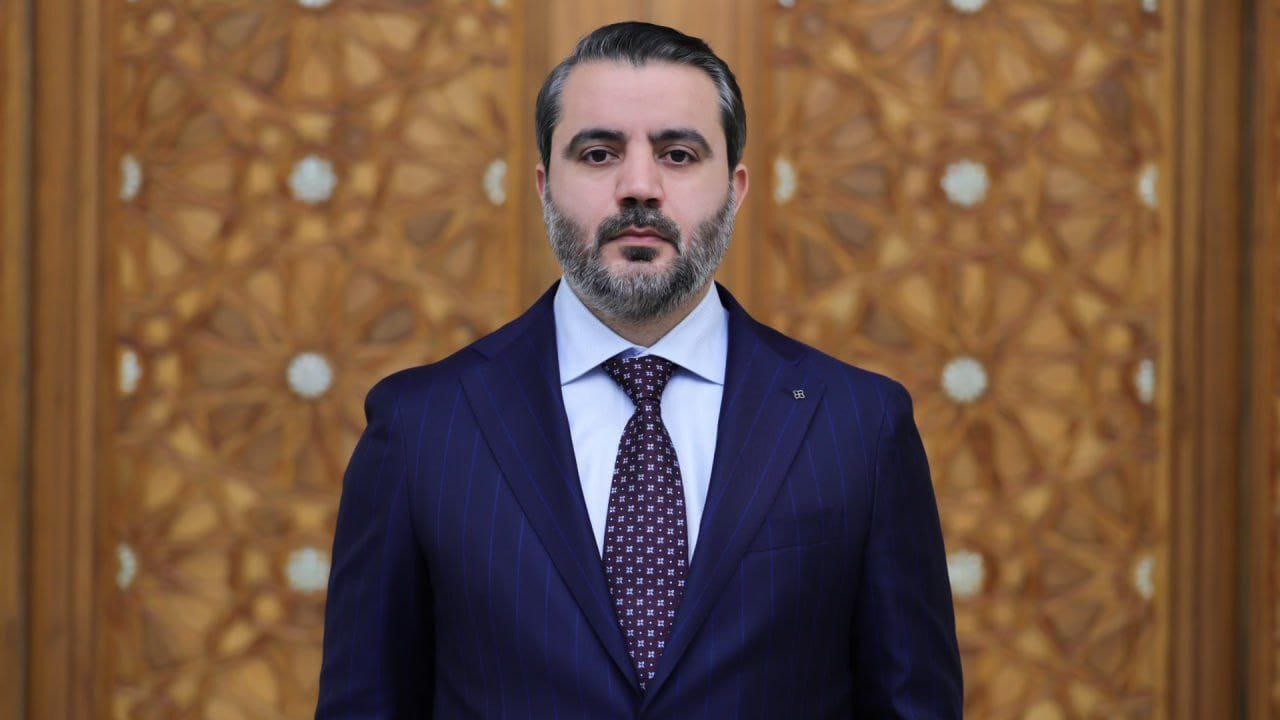A recent Shura Council debate has resulted in a new proposal for regulating content creation in Qatar.
The Shura Council has proposed reshaping the regulatory and operational framework for digital influencers and creators in Qatar.
A weekly meeting held on December 23, chaired by Hassan bin Abdullah Al Ghanim, boiled down to the discussion over free speech and personal freedoms in the context of the Qatari constitution.
Al Ghanim stressed on the need for all Qatar’s residents and visitors “to adhere to public order and morals and to observe national traditions and established customs”.
The Shura Council also underscored the dangers of unregulated digital and social media content, stressing on it’s negative impact on the youth.
Platforms such as Instagram, TikTok, and X have been lauded for being a voice for the public, creating spaces for knowledge and discourse that otherwise may not exist offline.
A double edged sword, digital platforms can also fuel hatred and spread misinformation and give rise to echo chambers.
Following the debate, Qatar’s legislative body raised a proposal to the Cabinet, in the form of a legal framework to regulate digital media content in Qatar.
According to a statement by Qatar News Agency, under the proposed legal framework, social media influencers will be “licensed by relevant state authorities to ensure that content is consistent with values and national identity, and prevent the spread of foreign cultures and uncontrolled advertisements”.
This proposed licenses will be enforced to ensure that content produced will not “harm national unity and social cohesion,” battling the spread of hate speech, discrimination and violence.
Qatar’s legislative body also sees these licenses as means of protecting intellectual property rights, stopping the spread of misinformation and giving credibility to content creators.
While the proposed framework was applauded by some upon its announcement, it has raised some questions among Qatar’s content creation community.
Speaking to Doha News, founder of I Love Qatar (ILQ) Khalifa Al Haroon said the proposed bill was a good step to help legitimise creators, providing them with a license “so they can operate within a framework that will enable them to generate revenue and work with more organisations”.
However, Al Haroon, whose platform and its subsidiary boasting approximately 431,000 followers combined, speculated on how the framework will be applied and who it will be applicable to.
“I wonder how this will also apply to influencers that create content in Qatar but are based outside of the country,” he said.
“In the region, there are influencer licenses already in place. Countries like the UAE, for example, have it and it’s working well. If someone has a license in the UAE and works on some projects in Qatar would they need a license too?” Al Haroon wondered.
The ILQ founder also raised a question on whether the new license would be needed by established companies or if the added license would just be for those without a company.
Qatar has in the past introduced similar forms of legislation to regulate content creation in Doha
Digital content creation once used to be a secondary form of income for creators, but in recent years, it has become a feasible primary source for those with enough eyeballs on their content.
Through clicks, views and watch time, creators can earn through the platforms funding mechanism. They can also make their money through partnerships with local brands, creating promotional content, or through creating exclusive content for sale.
Because content creators and influencers can earn money like legacy advertising agencies, Qatar introduced fees to regulate them as advertising entities in 2023.
The laws stipulated that legally registered content creators are categorised as ‘Personal Advertisers’, and are thus obligated to pay a fee of QAR 25,000 ($6,800) to Qatar’s Ministry of Culture for a license. They are then subjected to a yearly renewal fee of QAR 10,000 ($2,700).
The introduction of these advertisement fees caused a stir on social media. Netizens took to X, formally known as Twitter, to say that many content creators would not see a profitable return on their content, which could take years in establishing a recognisable personal brand.
Some also alleged that some individuals register their company as a foreign entity despite being based in Qatar in order to evade paying hefty fees.
When the decision was announced in 2023, Al Haroon had taken to X to discuss the hefty fine, saying it could potentially “cause losses for small and medium-sized companies or makes it difficult to start the project. This is a YouTube ad, not a street ad or an internet ad. The solution is offshore companies that do not require offices or licenses.”
One X user, who is seemingly based in Saudi Arabia, replied to al Haroon with a suggested loophole, saying “you can open a company in the U.S. without taxes or fixed taxes, and you can create bank accounts and deposit your money safely as long as you don’t have to have anything on the ground, or you can deal with it without being in specific a location, even if you have people working with you.”
“You can be free from many issues and complications. I have had one open for 10 years and I am comfortable,” the X user added.
However, Qatar-based social media content creator Anas Abouqamer, who goes by Triplefqatar on Instagram, has hopes that the proposed Shura Council Bill will clear up confusion on the mechanism by which content creators are hired and paid.
In an interview with Doha News, Abouqamer, who has accumulated an audience of 285,000 followers on Instagram, said that many companies who choose to work with creators for content require the creator to be represented by an agency.
Through this mechanism, the agency would bill the company on the creator’s behalf, while raking in a cut of anything from five to 30 percent
“ This [proposal] is good news because for the past three years since I’ve started my journey, there was a bit of confusion, especially if you’re a paid content creator, on how you go on about billing, for instance. No one knew what to do. It wasn’t clear the way that content creators were getting paid,” Abouqamer told Doha News.
In response to the need to be represented by an agency, the Palestinian content creator started his own, legally registered company by which he handles all billing processes.
Should the new license come into effect, Abouqamer has hopes it would act as a form of freelance or work permit.
“This was the firstly why this news makes me happy. The second part is that I think it gives those that are serious about content creation credibility,” he stressed.
He suggested that with the existence of a license, an influencer or creator will be taken more seriously by companies that they wish to collaborate with.
Abouqamer, whose content mainly focuses on food, culture and travel, confidently feels the proposed license would be greatly welcomed by his fellow peers in Doha, but has pointed out potential questions and concerns that may come to mind.
“Creators may want to know how much this license costs,” the Triplefqatar founder added.
Abouqamer drew comparisons to the UAE, which also requires creators to pay from 5,000 Emirati dirhams (QAR 5,000) for a license. However, this license also provides creators with a residency permit through one of the UAE’s free zones.
The Qatar-based blogger suggested creators would like to know if the proposed bill in Qatar would offer a similar benefit, allowing influencers coming from abroad to work and reside in Doha legally.
Abouqamer hopes the proposal will usher in the creation of an official body or helpline that can specifically help creators maneuver and abide by Qatar’s cybercrime laws, creating a layer of protection for influencers and bloggers and ensuring they act within the nations rules and regulations.
While the bill waits to receive approval from Qatar’s cabinet, Doha’s creator community is eager to see the framework come into action.
“It’s going to be a work in progress, I think. Things are going to come up as as the law will come out and I’m sure after a while, there may be some adjustments based on the real life experience of the people here, but overall, it is 100 percent positive and welcomed. I’m happy about it,” Abouqamer said.







